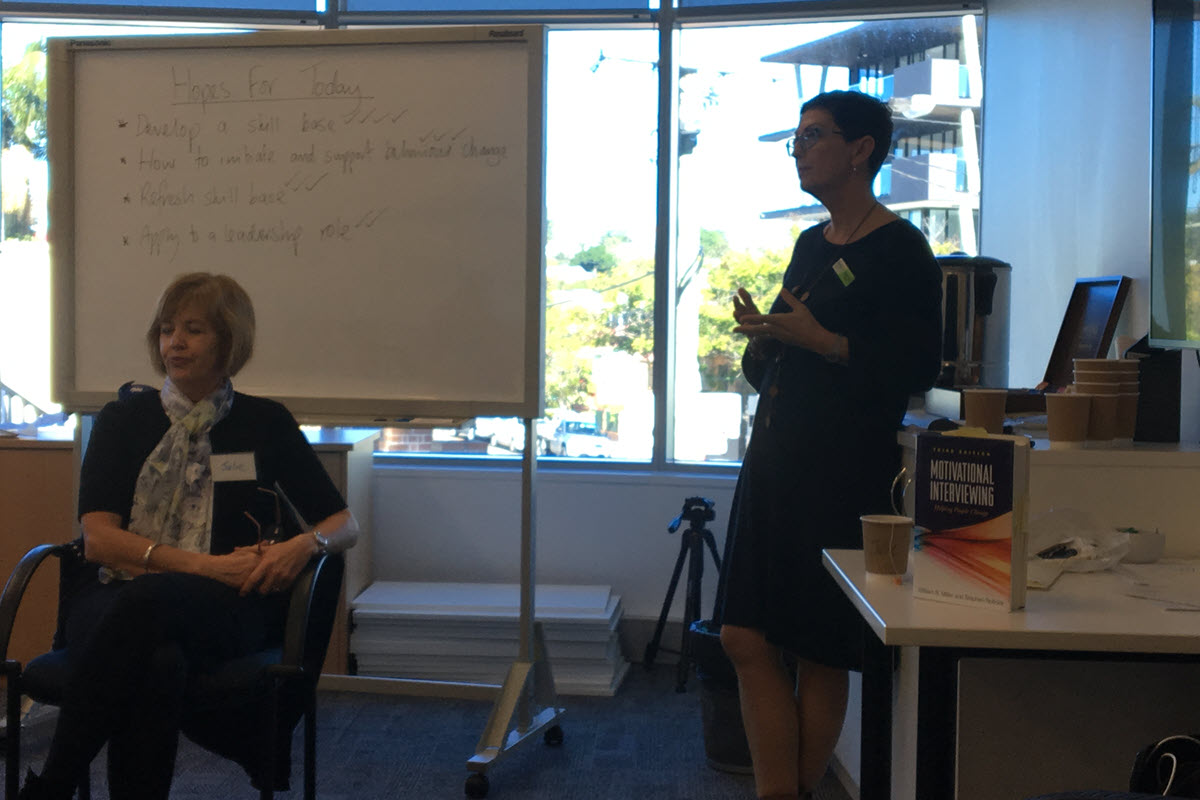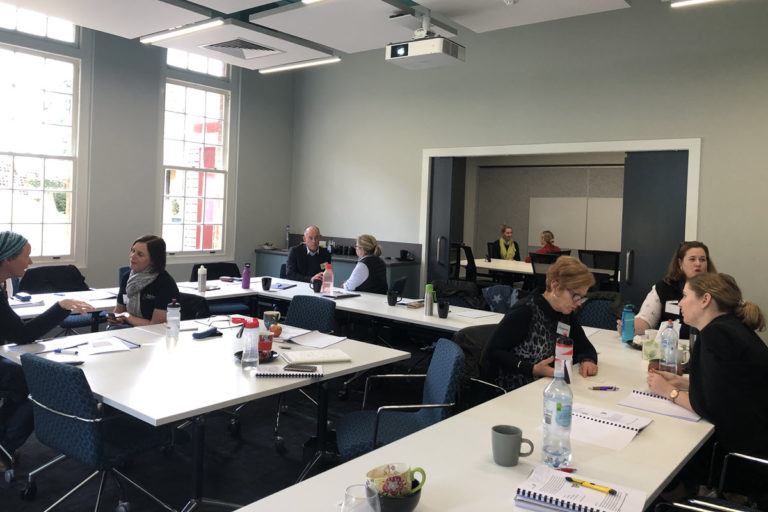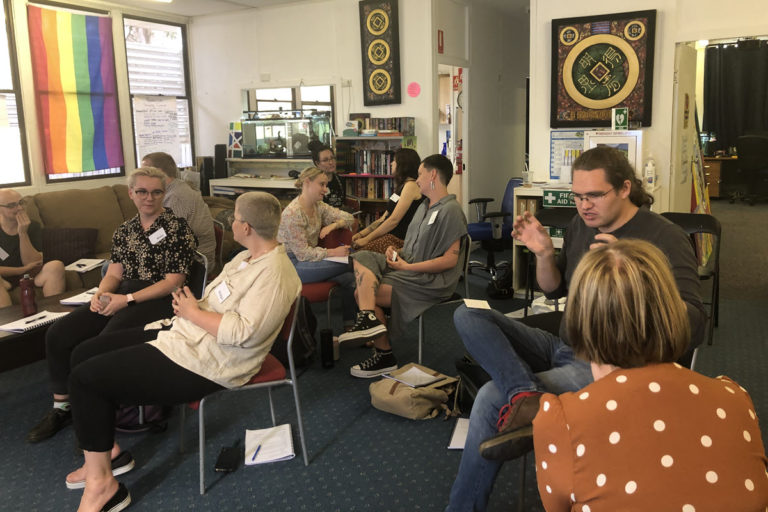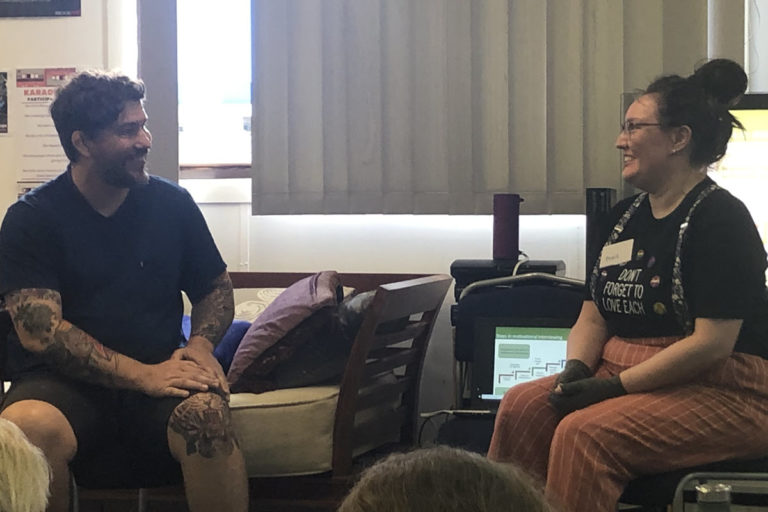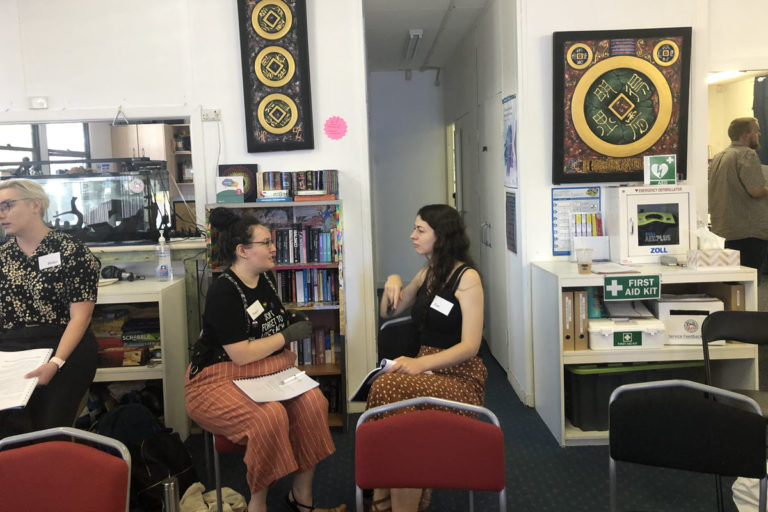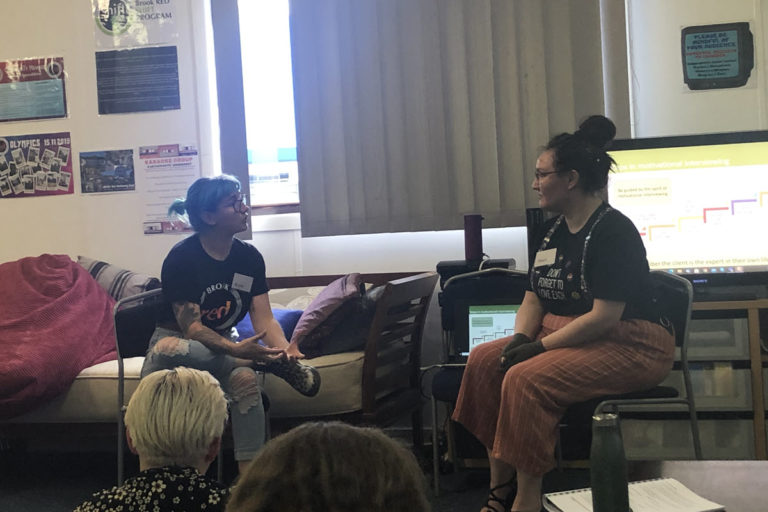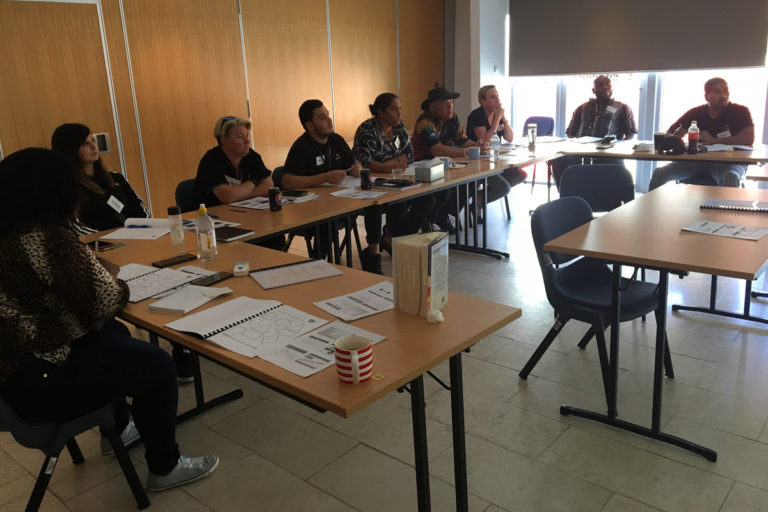Personal Reflections on Clinical Supervision
A Personal Reflection on Clinical Supervision – by Barb Bowler
Over thirty years ago I started my clinical supervision journey. I was allocated my first clinical supervisor, a woman far above me in the pecking order in the hospital where I worked. I found her cold and not empathetic or understanding of the clinical situations I took to supervision. She seemed critical and dismissive. I dreaded my fortnightly supervision sessions so much that I was often sleepless the night before our appointments. The supervision staggered along for a few months and gradually I started to be ‘sick’ for the appointment or to only take along superficial issues, that didn’t address the real concerns I was having in my work. Eventually, I made other excuses for not attending such as ‘the ward is too busy and I can’t leave’ or ‘I forgot’. When our contact finally ceased altogether, I was so relieved.
The supervisory working alliance is critical for effective supervision. Bordin (1983) and many others in the field of supervision and therapy write about the importance of the alliance between supervisor and supervisee, but what does this look like in practice? From my own experience of different supervisors over the years, I know the alliance is based firmly on trust. This means I know what I bring to supervision remains confidential between me and my supervisor. I know I will be listened to respectfully. I know I won’t be told what to do but that through our work together, I will find a way to manage a situation or to see it through new eyes. My work has been highly influenced for the better through my clinical supervision and I know I have become more reflective, more helpful to others and more resilient to exhaustion and burnout.
So what went wrong all those years ago? So many things! I was not offered a choice of supervisor, but rather had one imposed upon me. My supervisor and I did not form a bond, or gain a sense of trust, and I experienced supervision as an ordeal to be got through. I was not confident that our sessions remained confidential, not because I heard any reports from others regarding our sessions, but because my supervisor and I never had a discussion about confidentiality. These are just some of the reasons the supervision was unhelpful. I think my first experience of clinical supervision all those years ago was probably not uncommon for many people in the helping professions at that time. Thank goodness our understanding about what makes helpful and effective supervision has changed for the better over the years.
At Veriti, we pride ourselves on being able to deliver safe, effective, supportive supervision. We know how to attend to the working alliance with the supervisor taking responsibility for ensuring safe and ethical supervision.
A Personal Reflection on Clinical Supervision – by Cathy Boyle
I too recall my first entry and experience with supervision with some regret and a sense of bewilderment. I had no concept of or introduction to the concept of the supervisory working alliance and what this entailed. I do not recall ever having a conversation in relation to confidentiality and what this may mean or when the issue of confidentiality may be breached and as a result I was constantly mindful of the information I discussed in supervision [which in reality meant this was not supervision!].
I also often had a sense that I was being assessed or analysed in some way from a psychological perspective. Never did I have a conversation with my supervisor in terms of the realms of therapy versus clinical supervision and the associated purpose and objectives of both and although I often felt uncomfortable in relation to questioning I never challenged the approach [as I now on reflection realise I was not empowered to do so]. Subsequently, I filtered what topics I brought to supervision. The concept of line management versus clinical supervision was also lost on me. I can now appreciate that these two processes from a nursing perspective are conceptually opposed, however at the time I did not appreciate this.
At Veriti we have a clear understanding of the purpose of supervision and the role of the working alliance and we articulate this clearly to our supervisees. Further, aspects such as confidentiality, the differences between line management and clinical supervision and therapy versus supervision are discussed and explored in the preliminary clinical supervision session.
At Veriti, we would like to hear about your experiences of clinical supervision and your response to articles we include in this section.
Reference:
Bordin, E. S. (1983). A working alliance model of supervision. Counselling Psychologist, 11, 35–42.

